England’s Lionesses roar to victory in Euro 2022: how women’s football beat the sceptics
England team breathe new life into the game after 2-1 win against Germany
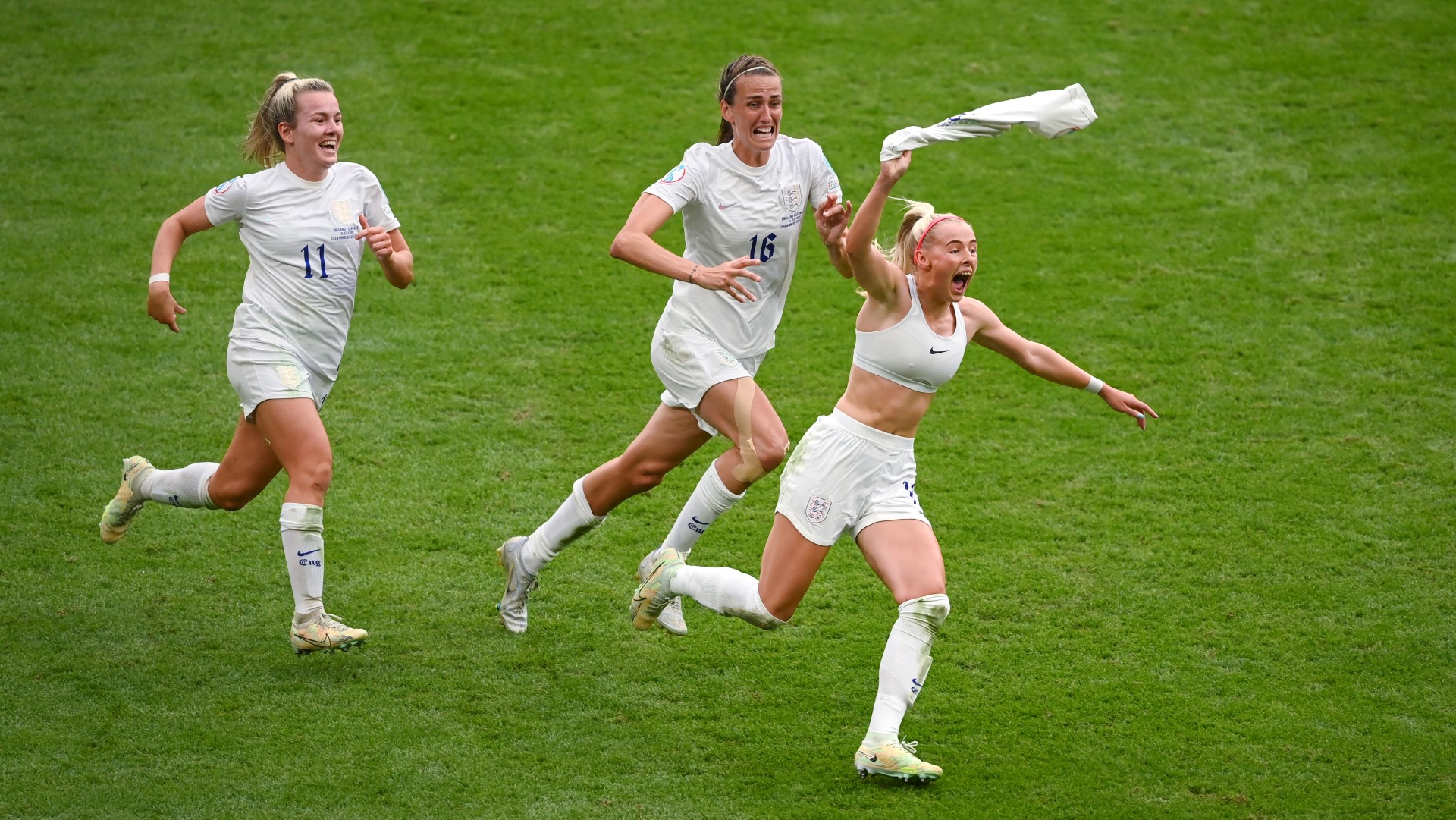
A free daily email with the biggest news stories of the day – and the best features from TheWeek.com
You are now subscribed
Your newsletter sign-up was successful
John Williams, a senior lecturer at the University of Leicester’s Department of Sociology, on England’s women footballers overcoming prejudice in sport.
England’s women have won the European football championship, bringing a major international trophy home for the first time since the men’s team won the World Cup in 1966, more than a lifetime ago for many of the fans who crowded into Wembley Stadium for the match. They beat Germany, English football’s bitterest rival by two goals to one, in a tense and hard-fought match that was not decided until the second period of extra time.
England’s women footballers have not just won the championship, though. The team has captured the public imagination. Attendance at the match was 87,192, the biggest crowd for a Euros football match for either men’s or women’s football. Newspapers are devoting multiple pages to women’s sports coverage and England’s key players are becoming well known.
The Week
Escape your echo chamber. Get the facts behind the news, plus analysis from multiple perspectives.

Sign up for The Week's Free Newsletters
From our morning news briefing to a weekly Good News Newsletter, get the best of The Week delivered directly to your inbox.
From our morning news briefing to a weekly Good News Newsletter, get the best of The Week delivered directly to your inbox.
And the games themselves are attracting a whole new set of fans. Watching women’s international football feels like – and is – a different world from the men’s version. Crowds at men’s football are ageing, but at women’s football, price, civility and increased safety means that around half the crowd can often be children.
I took my own football-playing ten-year-old granddaughter to see Germany beat France in the semi-final at Stadium MK in Milton Keynes last week. Women and girls outnumbered men and boys comfortably at that game – and booze was of less-than-secondary significance. Inclusivity, participation and diversity were the watchwords here, rather than partisanship and casual abuse of the opposition and its fans.
Infamously, the FA effectively banned women’s football in England in 1921 and it took more than 70 years for the governing body to embrace the women’s game. But the public profile of UK women’s sport has increased considerably. The live TV coverage in Britain of the FIFA Women’s World Cup in Canada in 2015 was the first time a UK national broadcaster, the BBC, had covered an international women’s sporting event on this scale.
When the women’s Euros were last held in the UK in 2005, few people seemed to care. Matches were mainly played in minor venues in the north of England and few were televised. Things have changed, and women’s team sport has been thriving on increased media exposure, particularly on free-to-air channels.
A free daily email with the biggest news stories of the day – and the best features from TheWeek.com
Is this a “sea-change” in the attitudes of the UK government, television companies and the British public to women’s sport? Or simply a commercial response to the dearth of live men’s sport on non-subscription channels? Or is it, perhaps, a convenient confluence of all?
Overcoming prejudice
Along with colleagues, Stacey Pope and Jamie Cleland, I conducted online research on women and men’s reactions to coverage of the women’s game soon after the 2015 World Cup finals. Some of this work has only recently been published.
We found that some men – a substantial minority – were highly critical of the extensive TV coverage, arguing that it far outstripped public interest in women’s sport. For them, a small “politically-correct lobby” was ensuring that “worthless” women’s team sport was increasingly widely covered and was now beyond critique on the BBC.
But other men contended that ingrained prejudice remained the key barrier to greater acceptance for women in sport. “Many football fans remain misogynistic,” affirmed a male Birmingham City fan (36–45), while a Gillingham fan (male, 46–55) was similarly pessimistic, claiming that: “There is still the lingering ‘stone age’ thinking from some men regarding women in football, which is so entrenched that you will never change them.”
Some of our female respondents were angry at the anti-women sentiments commonly expressed on social media: “Not just sexism, downright misogyny. Some of the comments I saw on Twitter during the women’s World Cup were a disgrace.” (Female, 46–55, Norwich City). Will this also be part of some men’s responses to the current finals? We will need to review the evidence.
Respondents who had attended women’s football matches often reflected very positively on the game and its social impact: “The clubs seem to encourage families and children to attend by having mascots and fun fairs before the game” said a female Wrexham fan (22–25). She went on: “The atmosphere was great and no need for segregation. It was nice to sit and watch a game of football without bad language too.”
It was also argued that the women’s game was different, not inferior, to the men’s equivalent: “I have watched football my whole life and the stereotype [that] women’s football is slow and boring is rubbish. Different styles of football occur all over the world; you still want your team to win and it’s still exciting.” (Female, 22-25, Bolton Wanderers).
Better sports?
Top women’s football is far better resourced in England today and it is also consciously promoted by the Football Association as a “cleaner”, more wholesome, version of the sport. As one fan (male, 36–45, Liverpool) put it back in 2015: “One of the main things I have noticed in the woman’s game is the lack of diving and the higher level of respect and sportsmanship. This is even evident in the junior football I watch where the girls are lot more respectful to the ref and other players than in the boys’ junior game.”
As top women players start to earn higher salaries, perhaps negatives identified above will start to show more in women’s football too? I certainly saw signs in Germany v France, for example, of more conscious attempts by women, professionally, to “game” the referee.
And how will the summer of 2022 affect crowds next season at domestic Women’s Super League matches? Problems identified in 2015 were that WSL club venues were small with poor facilities, were difficult to reach and unfamiliar to regular football attenders. All these remain an issue today.
Women’s football (and women’s sport more generally) is likely to be demanding much more press coverage and air time in the future. It will also perhaps provide new role models for sporting girls – such as my granddaughter – who may begin to see, more realistic job prospects in women’s team sport. Perhaps football in England is coming home in more ways than one.
John Williams, Senior Lecturer, Department of Sociology, University of Leicester
This article is republished from The Conversation under a Creative Commons license. Read the original article.
-
 The 8 best TV shows of the 1960s
The 8 best TV shows of the 1960sThe standout shows of this decade take viewers from outer space to the Wild West
-
 Microdramas are booming
Microdramas are boomingUnder the radar Scroll to watch a whole movie
-
 The Olympic timekeepers keeping the Games on track
The Olympic timekeepers keeping the Games on trackUnder the Radar Swiss watchmaking giant Omega has been at the finish line of every Olympic Games for nearly 100 years
-
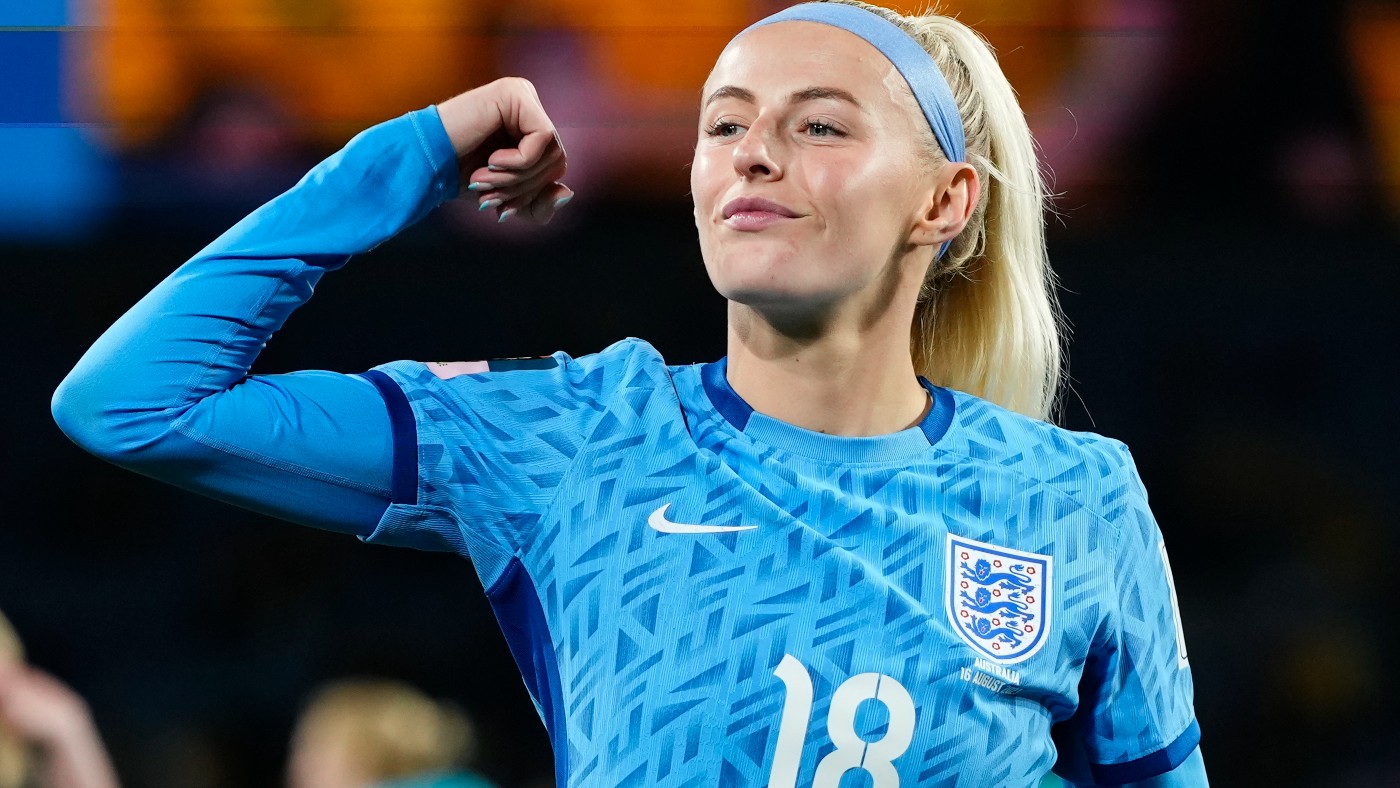 How English women’s football could become a billion pound industry
How English women’s football could become a billion pound industryfeature Building on the success of the Lionesses won’t be easy but it is eminently possible
-
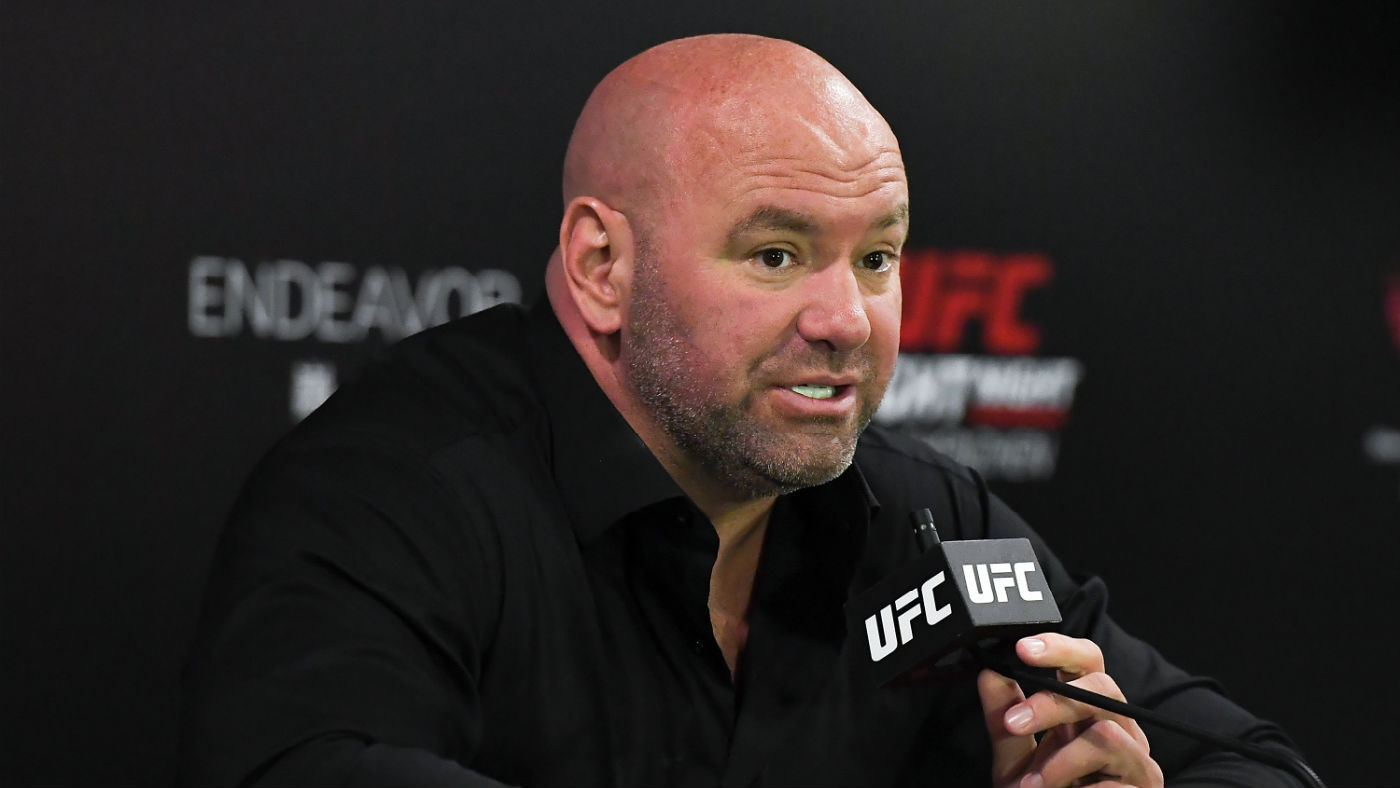 What is Dana White’s Power Slap League?
What is Dana White’s Power Slap League?feature UFC President has created a new ‘sport’ that experts fear may leave contestants with brain damage
-
 2022 Grand National guide: runners, top tips, latest odds and how to pick a winner
2022 Grand National guide: runners, top tips, latest odds and how to pick a winnerfeature The runners and riders have been confirmed for Saturday’s race at Aintree
-
 The Ronaldo effect: what big players mean for the finances of major football clubs
The Ronaldo effect: what big players mean for the finances of major football clubsfeature Manchester United hoping to cash in big after securing the Portuguese star’s signature on two-year contract
-
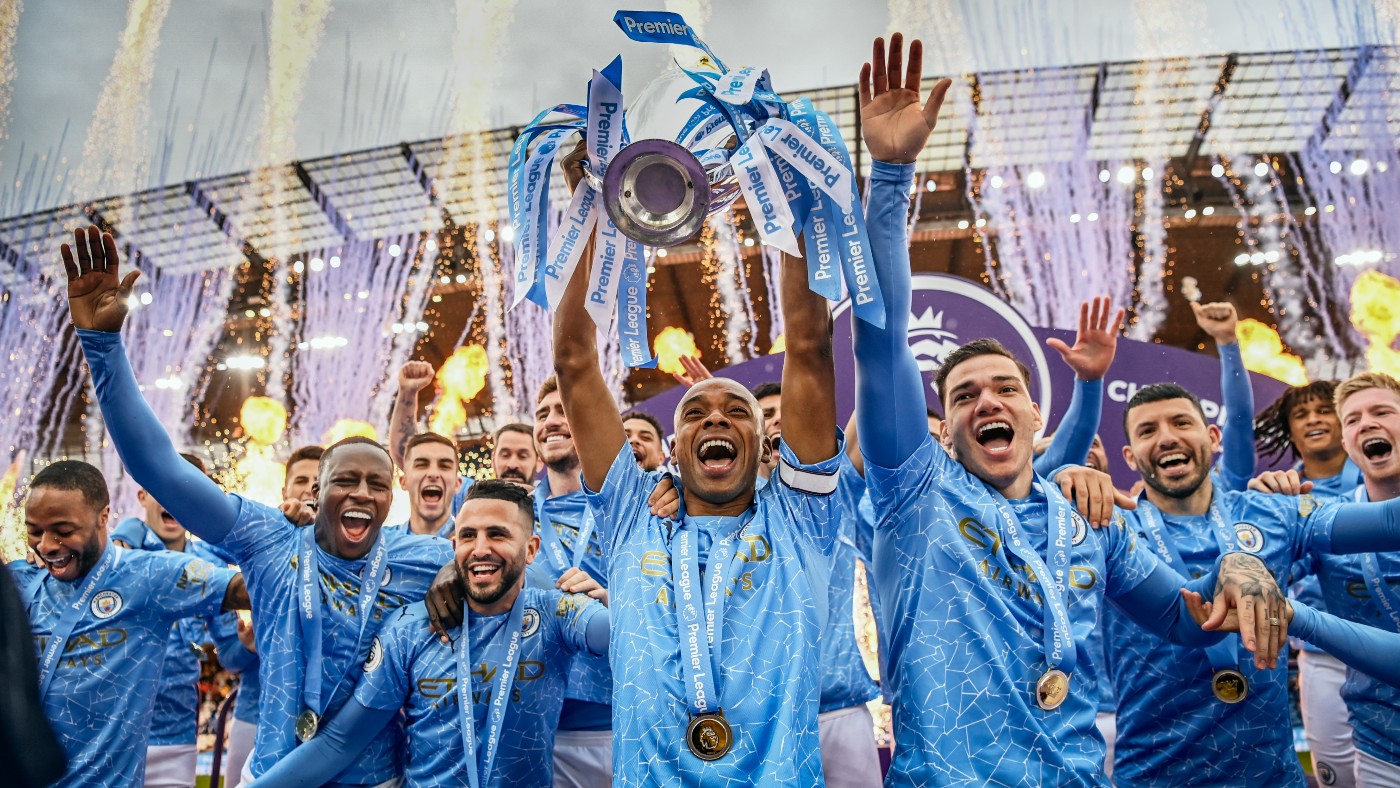 Premier League 2021-2022 predictions and odds: title winners, relegation and golden boot
Premier League 2021-2022 predictions and odds: title winners, relegation and golden bootfeature A look at the major talking points ahead of a new season in the English top-flight
-
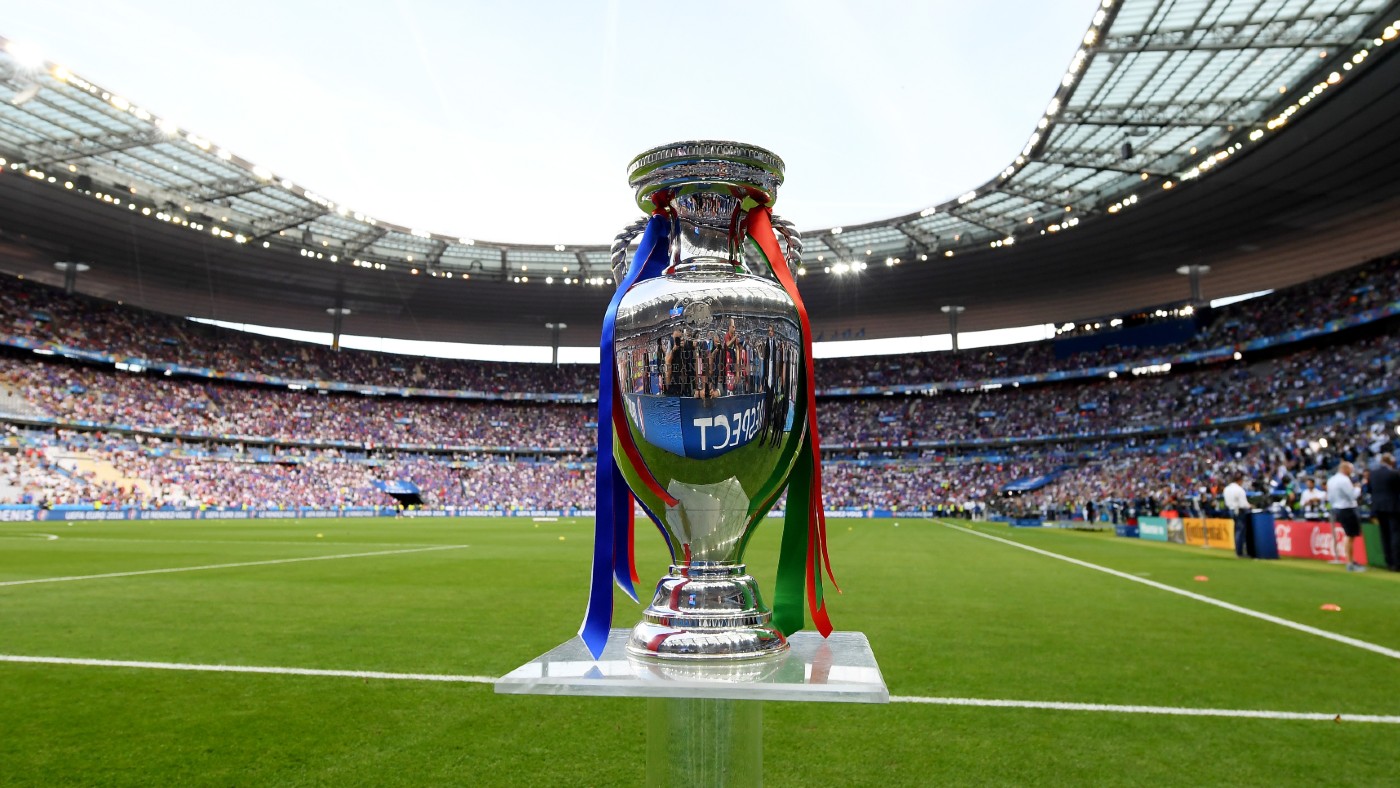 Euro 2020 pre-tournament pundit predictions
Euro 2020 pre-tournament pundit predictionsfeature France were the favourites going into the Euros but it’s Italy and England in the final
-
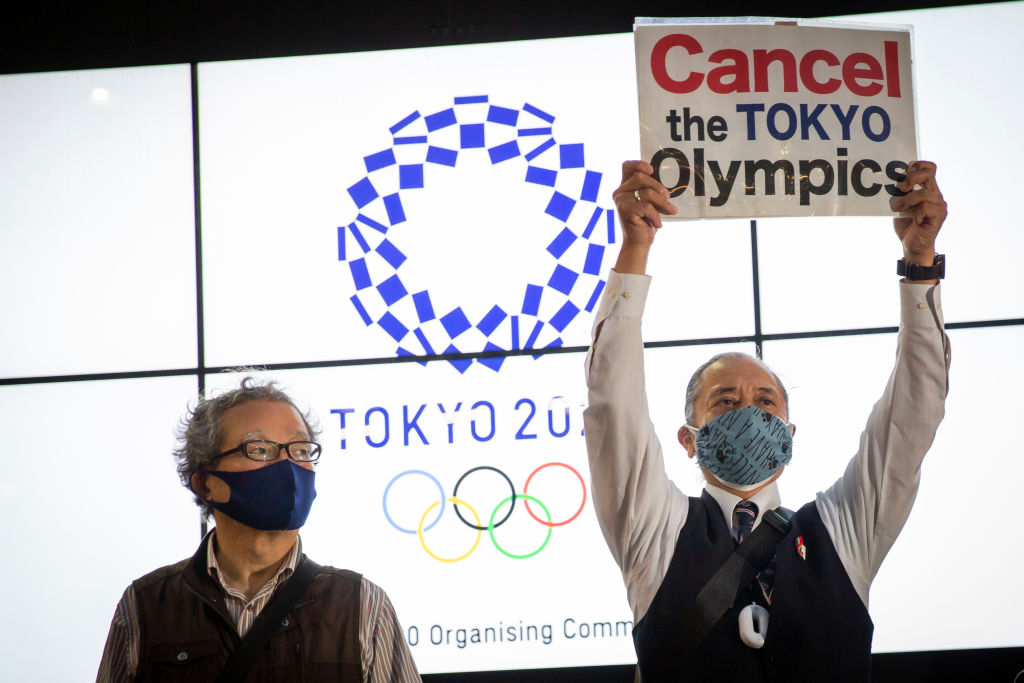 Why cancelling the Tokyo Olympics isn’t Japan’s call
Why cancelling the Tokyo Olympics isn’t Japan’s callfeature Latest polls show Japanese public want the Games axed owing to Covid fears - but who gets the final say?